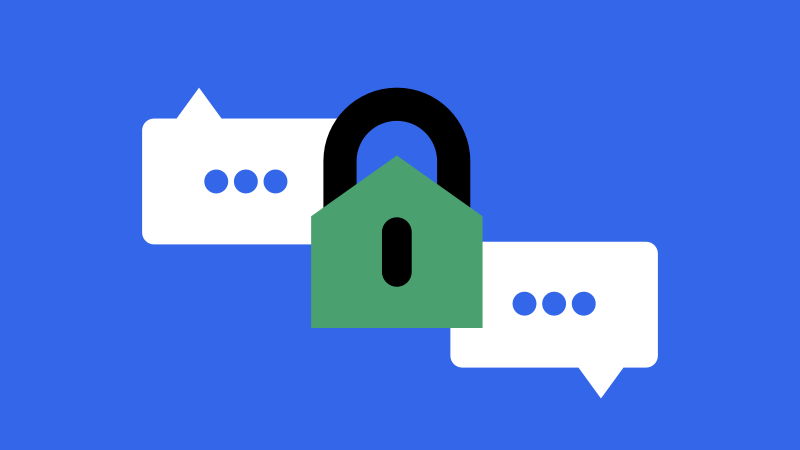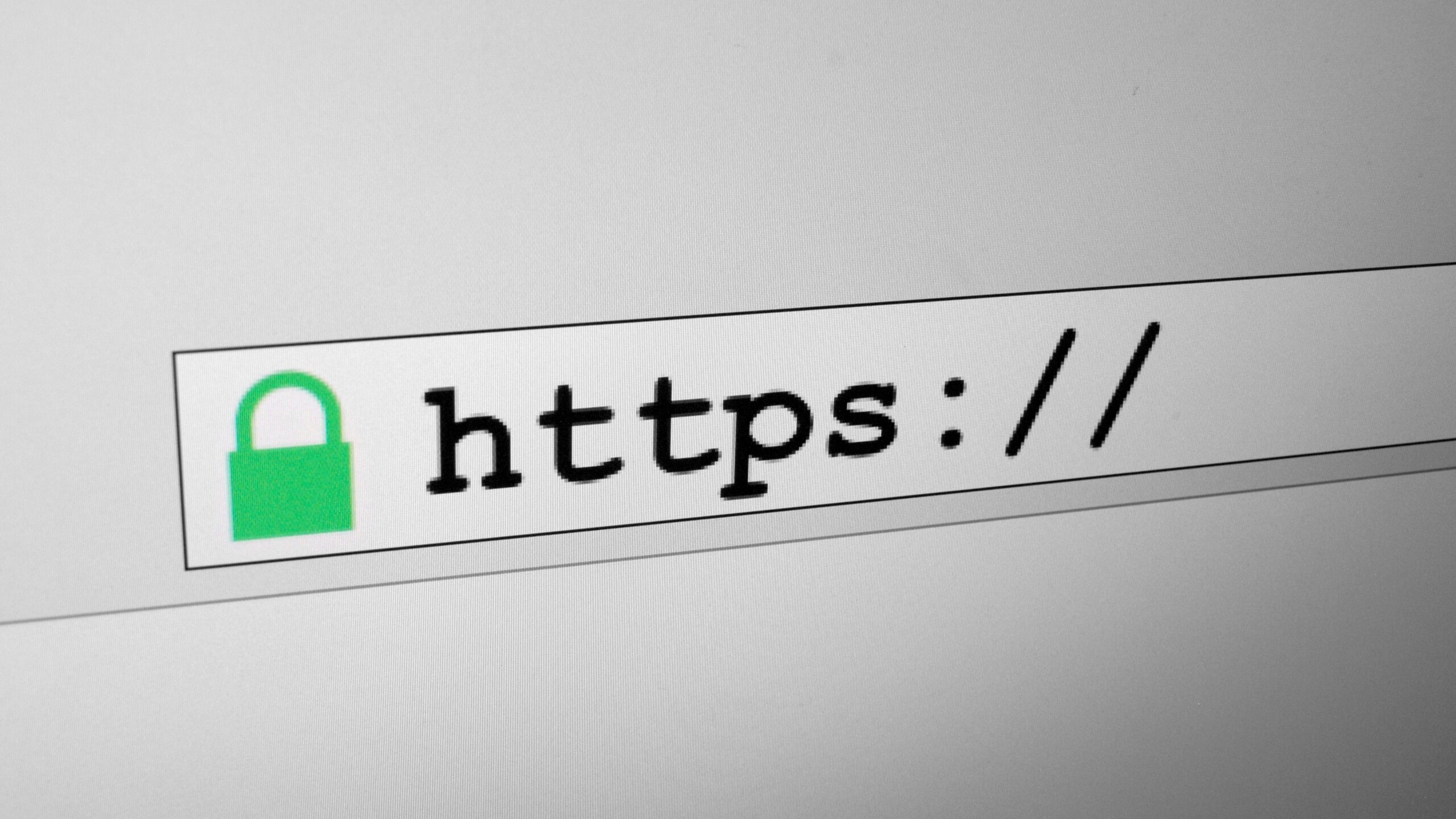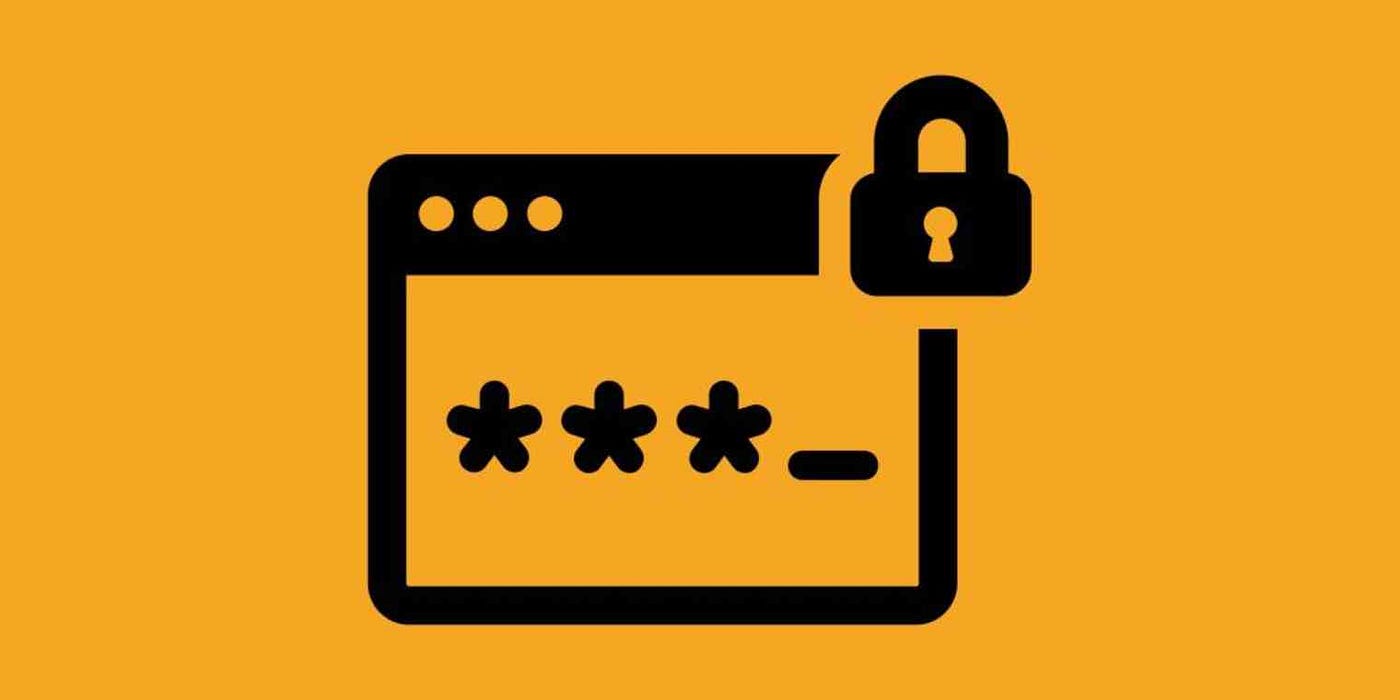
End-to-End Encryption in Messaging : A Deep Dive into Privacy and Security
What is End-to-End Encryption?
End-to-end encryption (E2EE) is a method of secure communication that ensures only the sender and the recipient can read the messages being exchanged. In essence, the data is encrypted on the sender’s side and only decrypted on the recipient’s side. This means that even if someone intercepts the message in transit, they won’t be able to decipher its contents.
How Does It Work?
- Key Generation: Both the sender and the recipient generate public and private encryption keys. The public key is shared openly, while the private key remains confidential.
- Encryption: When the sender wants to send a message, they encrypt it using the recipient’s public key.
- Transmission: The encrypted message travels through servers and networks. Even if intercepted, the message remains unreadable without the recipient’s private key.
- Decryption: Upon receiving the encrypted message, the recipient uses their private key to decrypt and read the message.
Why is End-to-End Encryption Important?
- Privacy: E2EE ensures that personal conversations remain private, safeguarding them from prying eyes.
- Security: It protects sensitive information from potential hackers and malicious entities.
- Freedom: E2EE allows users to communicate without fear of surveillance, promoting freedom of speech and expression.
Examples of End-to-End Encryption:
- Messaging Apps: WhatsApp, Signal, and FaceTime are popular examples of platforms that use E2EE.
- Email Services: ProtonMail and Tutanota offer E2EE for emails.
- File Storage: Services like Tresorit provide E2EE for stored files.
End-to-End Encryption Comparison: WhatsApp, FaceTime, and Signal
1. WhatsApp:
Encryption Protocol:
- Type: WhatsApp uses the Signal Protocol, which is renowned for its strong encryption capabilities.
- Implementation: All messages, calls, photos, and videos are encrypted by default.
Key Verification:
- Process: WhatsApp offers a QR code and a 60-digit number that users can use to verify the encryption of their chat with another user.
- Security: This ensures that the conversation is secure and not susceptible to a man-in-the-middle attack.
Backups:
- Cloud Storage: While WhatsApp messages are end-to-end encrypted, backups stored on cloud services like Google Drive or iCloud are not. This means that if someone gains access to your cloud backup, they can potentially retrieve your chat history.
Ownership and Trust:
- Parent Company: Owned by Facebook (now Meta), WhatsApp has faced scrutiny due to its parent company’s approach to user data and privacy.
Additional Notes:
- Data Sharing with Facebook: WhatsApp’s updated privacy policy in 2021 raised concerns about data sharing with Facebook, although it clarified that message content remains private due to end-to-end encryption.
2. FaceTime:
Encryption Protocol:
- Type: FaceTime uses Apple’s encryption standards.
- Implementation: Both audio and video calls are end-to-end encrypted, ensuring that even Apple cannot access the content of the calls.
Key Verification:
- Process: FaceTime is integrated into Apple’s ecosystem, and there’s no separate key verification process for users. The encryption is automatic and behind-the-scenes.
Backups:
- iCloud Storage: FaceTime call history can be stored in iCloud backups. While these backups are encrypted, Apple holds the encryption keys, meaning they can potentially access the data if required.
Ownership and Trust:
- Parent Company: Apple has a strong stance on user privacy and has often positioned itself as a company that prioritizes user data protection.
Additional Notes:
- Device Limitation: FaceTime is exclusive to Apple devices, limiting its user base compared to other platforms.
3. Signal:
Encryption Protocol:
- Type: Signal uses its proprietary Signal Protocol.
- Implementation: All messages, calls, photos, videos, and even stickers are encrypted by default.
Key Verification:
- Process: Signal offers a safety number for each chat, which users can compare to verify the security of their conversation.
- Security: This provides an additional layer of security against potential man-in-the-middle attacks.
Backups:
- Local Storage: Signal does not automatically back up chats to any cloud service. Users can create encrypted local backups on their own devices.
Ownership and Trust:
- Organization: Signal is operated by the non-profit Signal Foundation, which has a primary focus on user privacy and security.
Additional Notes:
- Transparency: Signal’s code is open-source, allowing for transparency and external audits of its encryption and security practices.
While all three apps – WhatsApp, FaceTime, and Signal – offer end-to-end encryption, their implementation, backup policies, and ownership structures differ significantly. Signal stands out for its robust encryption practices, transparency, and user-centric approach. FaceTime offers strong encryption but is limited to Apple devices. WhatsApp, while widely used, has faced concerns due to its association with Facebook and its backup policies. Users should make informed choices based on their specific privacy and security needs.



